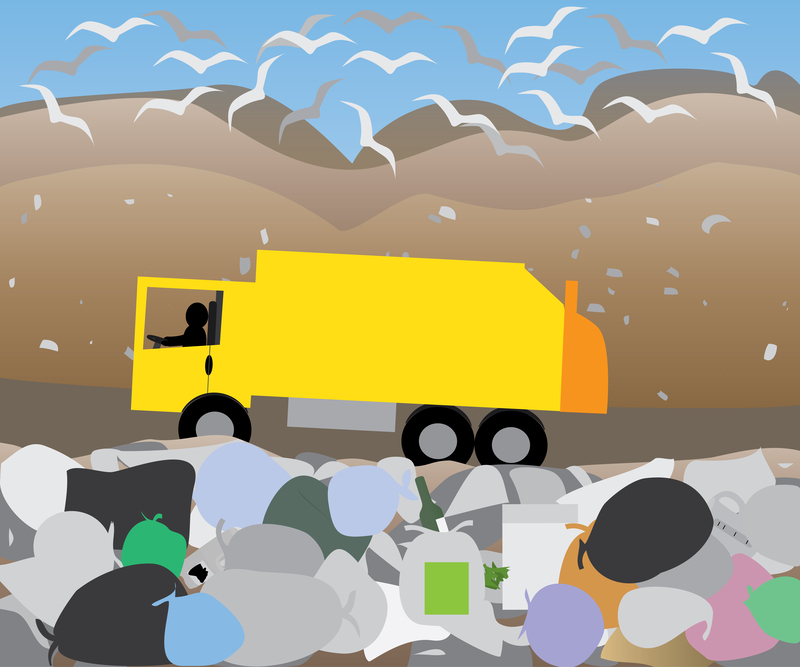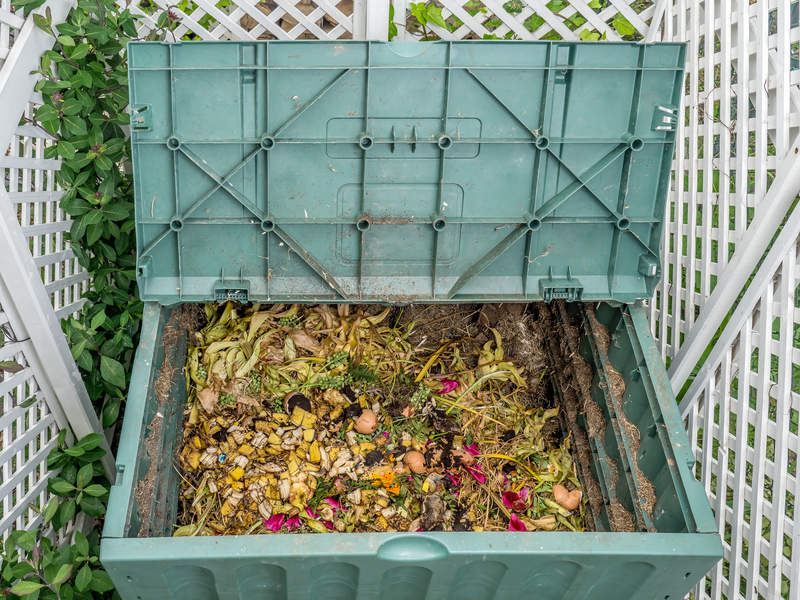Skip Hire or Skip Bags: Your Options
Posted on 21/07/2024
When it comes to disposing of large amounts of waste from a home project, renovation, or even a garden clearance, you generally have two primary options: skip hire or skip bags. Both of these methods have their pros and cons, and the best choice for you depends on various factors such as the nature of your project, budget, and convenience. This article will delve deep into the differences between skip hire and skip bags to help you make an informed decision.
What is Skip Hire?
Skip hire involves renting a large metal container delivered to your location by a skip hire company. The skip is left there for a specified period, usually ranging from a few days to a week, during which you can fill it with waste. Once it's full, the company will return to pick up the skip and dispose of the waste.

What are Skip Bags?
Skip bags, on the other hand, are large, durable bags designed to hold substantial amounts of waste. You purchase these bags from a retailer and fill them at your own pace. When you're ready, you call a waste removal service to pick up the skip bag. Skip bags come in a variety of sizes and can handle different types of waste, making them versatile and practical.
Convenience and Flexibility
One of the most significant differences between skip hire and skip bags is convenience. Skip bags offer higher flexibility as you can take your time filling them at your leisure. There are no strict timelines, and you are not pressured to complete your waste disposal within a few days. Skip hire, however, is generally less flexible. You're usually given a specific period to fill the skip, which might rush your project.
Capacity
In terms of capacity, skips generally offer more space compared to skip bags. Skips range from small 2-yard options to massive 40-yard containers, thereby accommodating various needs. Skip bags are available in smaller sizes, typically maxing out at around 4.5 yards. If you're embarking on a large-scale renovation or clearing out an entire house, skip hire might be the better option.
Types of Waste
Both skips and skip bags can handle a variety of waste types, including household waste, garden waste, construction debris, and more. However, not all skip bags can accommodate bulky items like furniture, whereas skips are better suited to handle mixed and heavy waste.
Cost
Cost can be a crucial factor in deciding between skip hire and skip bags. Typically, skip bags are less expensive, especially if your waste volume is relatively small. Skip hire can become more costly due to the increased capacity and the logistics involved in delivering and picking up the skip. However, if you have a large amount of waste, the cost per cubic yard tends to be lower for skips compared to multiple skip bags.
Environmental Considerations
Both methods are eco-friendly options for waste disposal, provided you choose a reputable company that follows proper recycling and disposal regulations. Some skip hire companies offer segregation and recycling services, making it a greener option. Skip bags are generally picked up by companies specializing in waste management, but always check their recycling policies beforehand.
Availability and Local Regulations
Local regulations can influence your decision. Some municipalities require permits to place skips on public property like roads or parking spaces, which can add to the cost and hassle. Skip bags usually don't require such permits and are easier to store on private property.
Pros and Cons
Pros of Skip Hire:
- Higher capacity for large projects.
- Suitable for bulky and heavy waste.
- Efficient for quick, extensive clear-outs.
Cons of Skip Hire:
- Can be costly.
- Less flexible time frames.
- May require permits.
Pros of Skip Bags:
- Flexible and convenient.
- Generally more cost-effective.
- Easier to manage without permits.
*ons of Skip Bags:
- Limited capacity.
- Not ideal for bulky items.
- May require multiple bags for larger projects.
Tips for Choosing Between Skip Hire and Skip Bags
1. Assess Your Project Scope: Determine the amount and type of waste you'll generate.
2. Consider Your Budget: Weigh the costs and benefits of both options.
3. Look at Time Frames: Decide if you need flexibility or can work within a set period.
4. Check Local Regulations: Make sure you understand any permit requirements.
5. Choose a Reputable Company: Ensure they follow proper disposal and recycling protocols.

Takeaways
- Skip hire is ideal for larger projects requiring significant waste capacity and can handle bulky items but may be costlier and less flexible.
- Skip bags are perfect for smaller, flexible projects with budget constraints but are limited in capacity and not suitable for large bulky items.
- Always consider local regulations and environmental factors when making your choice.
Conclusion
Both skip hire and skip bags offer excellent solutions for waste management, each with its advantages and drawbacks. The best choice depends on your specific circumstances, including the type and amount of waste, your budget, and your project timeline. By considering these factors and the tips provided, you can make an informed decision that suits your needs perfectly.










